In the article “Fighting waste”, General Secretary To Lam pointed out some forms of waste that are emerging fiercely today, including the problem of wasting development opportunities of localities and the country due to the ineffective operation of the State apparatus in some places and at some times, and a number of officials being corrupt, lacking capacity, avoiding and pushing away work, and being afraid of responsibility.
The above opinion has received deep attention from the XV National Assembly delegates at the 8th Session. Analyzing the issue in depth, many opinions said that currently, there are still many officials who think that waste is only the ineffective management and use of state capital and assets, but do not clearly realize that the fear of responsibility and shirking of work are causing serious consequences.
Delays cause missed investment opportunities
It is very clear that the handling of administrative procedures in many agencies is still prolonged, overdue, not following the one-stop process, lacking inspection and supervision mechanisms in the process of coordination, exchange and consultation between ministries and branches.
Delegate Nguyen Thanh Nam (Phu Tho Delegation) gave an example of the implementation of two key projects on the construction and business of infrastructure in industrial parks in Ha Hoa and Tam Nong districts: Based on the planning and land use plan, investors have been interested in starting the project since September 2018, submitting the first application for investment policy approval in March 2021, and completing and supplementing the application in August 2022.
During the process of handling project documents since its inception, the People's Committee of Phu Tho province has issued 51 documents requesting opinions and explanatory reports to ministries and branches on land procedures, traffic connection procedures, procedures for rearrangement and handling of public assets and many other procedures related to the project.
According to the provisions of the Investment Law, the total time for handling procedures for approving investment policies shall not exceed 3 months, and the time for consulting relevant state agencies on appraisal contents shall not exceed 15 days. However, up to now, the dossiers of the above projects have not been completely resolved, investors are still waiting, leading to lost investment opportunities.
Currently, in many localities, the exploitation and use of land resources have not kept up with the needs, potentials and opportunities of socio-economic life, posing a major problem in practicing thrift and combating waste.
Delegate Ha Sy Dong (Quang Tri Delegation) requested the Government to urgently direct the Ministry of Finance to thoroughly handle the issue of public assets and headquarters of agencies located in localities but have been newly built or moved elsewhere.
Typically, the headquarters of the People's Court of Dong Ha City has a 3-storey building, an area of over 2,000 m2 of "golden land", in a prime location that has been abandoned since 2016. Quang Tri Province and the Supreme People's Court have coordinated to request the Ministry of Finance to submit to the Government permission to auction or transfer to local management, but after 8 years, the only answer received was "waiting for overall arrangement".
Discussing the socio-economic development situation at the 8th Session, many opinions of National Assembly deputies also pointed out that currently the whole country still has 51 problematic investment projects, 13 key projects are delayed, 19 projects are left fallow, 880 projects are slow to put land into use, many public assets after the rearrangement of administrative units at district and commune levels are redundant without effective use plans...
According to the delegates, in the immediate future, it is necessary to enhance the responsibility of ministries, branches and localities in performing public duties in reviewing and thoroughly handling prolonged shortcomings in important national projects, key projects, low-efficiency projects, slow implementation causing great loss and waste; at the same time, strictly handle and address related organizations and individuals to strengthen deterrence and warning.
Perfecting the law on waste prevention and control
Faced with the above situation, the Government and the National Assembly have issued instructions and requirements to specify the responsibilities of organizations and individuals, especially the accountability of leaders.
In fact, some localities have been very active in handling waste, proactively proposing and implementing projects, but have encountered many barriers and obstacles, leading to the inability to exploit resources effectively. This situation is caused by the entanglement in the division of responsibilities between ministries, branches and localities regarding the scope and sequence between the arrangement and handling of public assets and land recovery.
The law on practicing thrift and combating waste has stipulated the responsibilities of individuals, the responsibilities of leaders, and the handling of violations when waste occurs. However, the regulations are mainly of a warning and reminder nature.
The Penal Code mentions criminal acts that lead to wasteful consequences (Article 179 on the crime of irresponsibility, causing damage to the property of the State, agencies, organizations, and enterprises and Article 219 on the crime of violating regulations on management and use of State property, causing loss and waste). Legal experts commented:
In reality, these laws are rarely used to deal with wasteful behavior, but are often handled with other crimes such as the crime of violating accounting regulations causing serious consequences, the crime of violating bidding regulations causing serious consequences. With this approach, although the crime is still punished, the deterrence and education on waste prevention and control are not high.
Recently, the Central Steering Committee on anti-corruption and anti-negativity has added the task of anti-waste. When placing the fight against waste in the same position as the fight against corruption and negativity, it is necessary to review, amend and supplement the Party's regulations and the State's laws on anti-waste to ensure consistency and unity in association with the work of arranging the political system's apparatus to be "streamlined-strong-efficient-effective-effective", promoting decentralization and delegation of power to resolutely eliminate the "ask-give" mechanism.
The urgent task now is to transform digitally more strongly to change thinking, working methods, and ways, and make the public service environment transparent, helping officials feel secure, promote a sense of responsibility, dare to think, dare to do, proactively research, advise on issuing pilot plans and solutions, even for new issues that have no regulations or precedents, ensuring both strict management and creating development.
Source: https://nhandan.vn/chong-lang-phi-ngay-tu-qua-trinh-thuc-thi-cong-vu-post846038.html








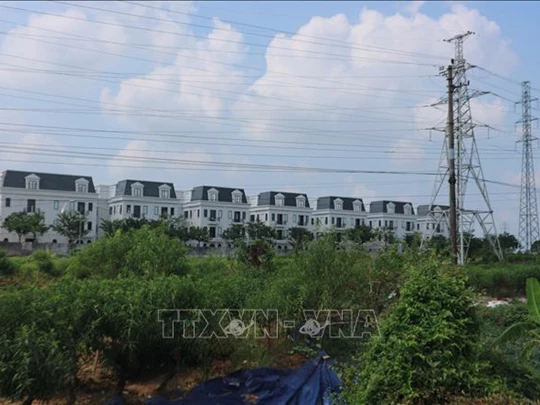

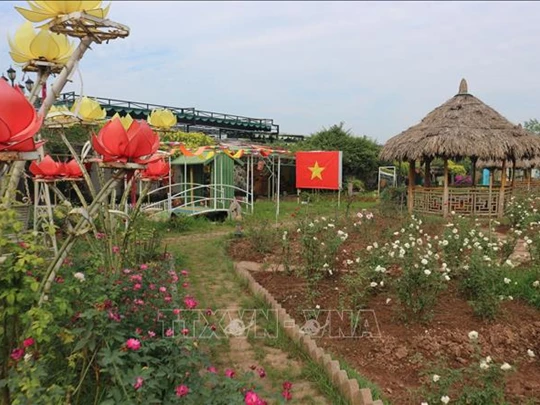


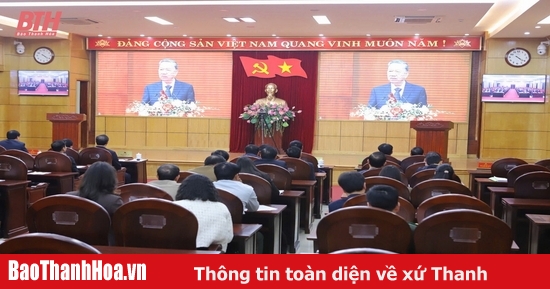

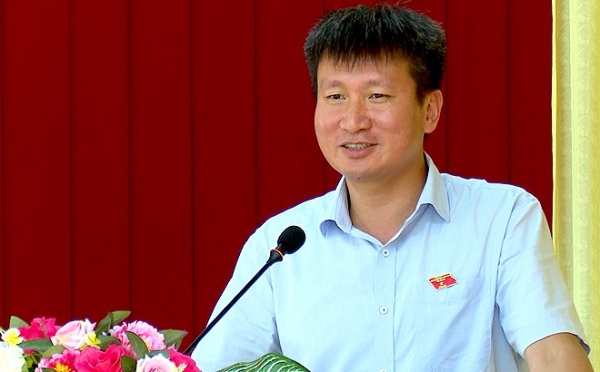

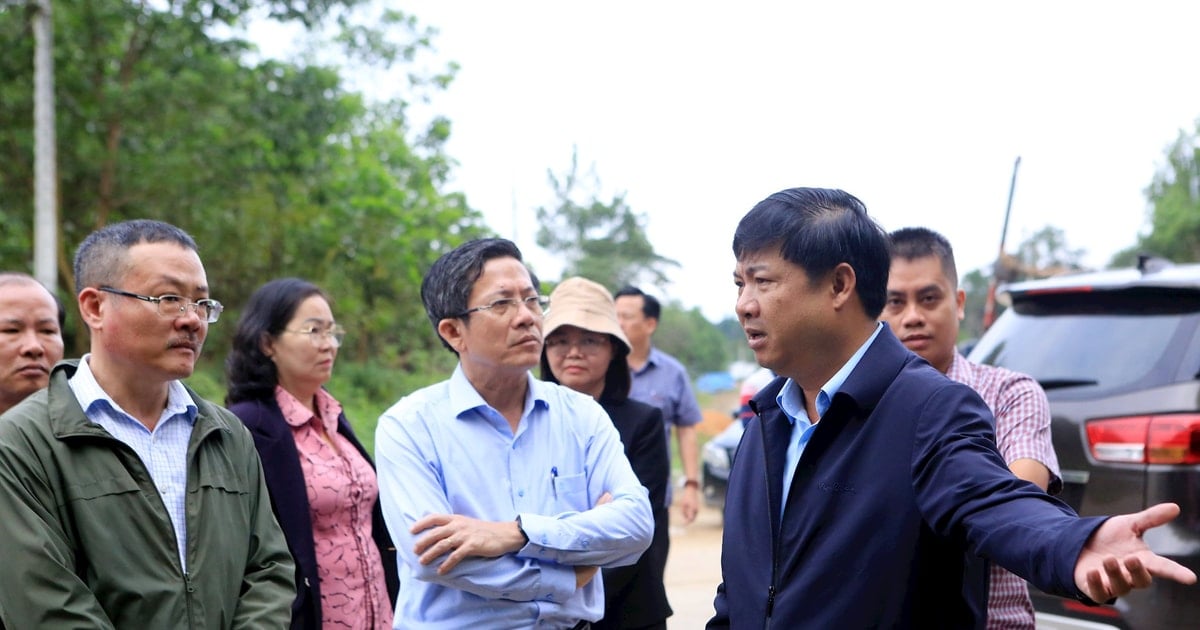
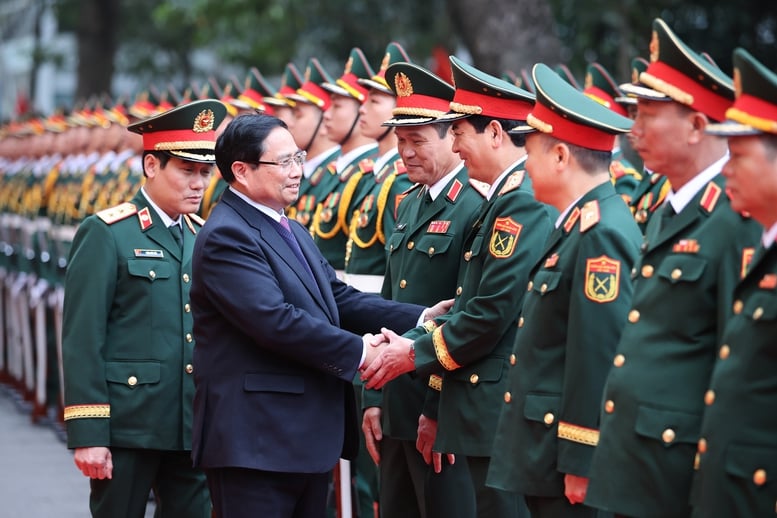

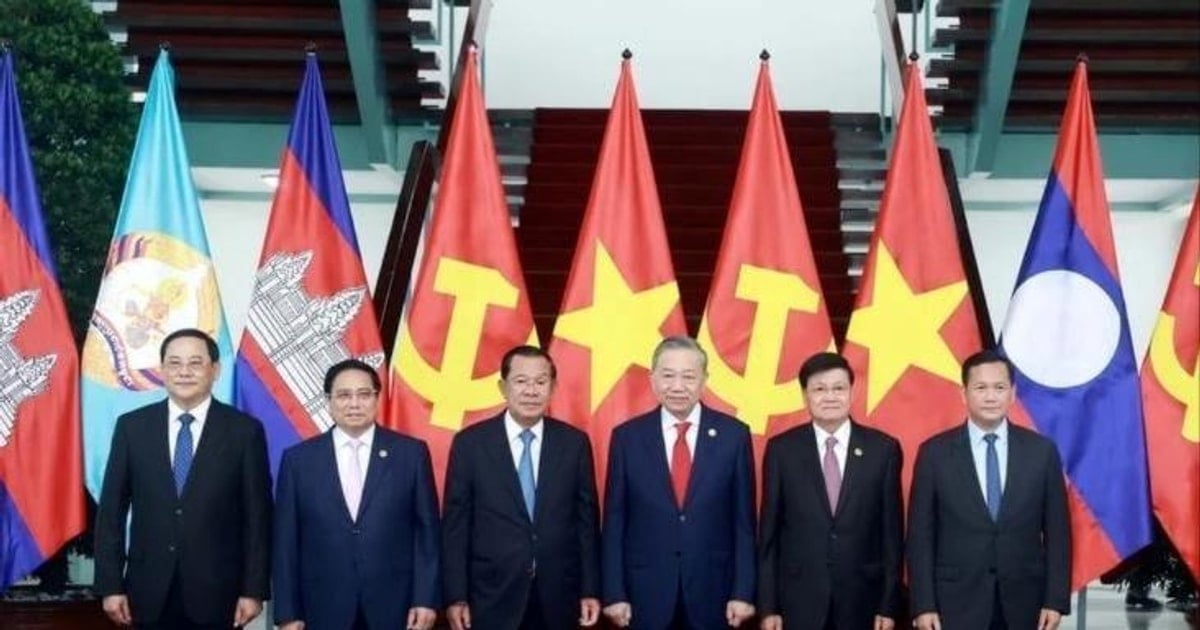
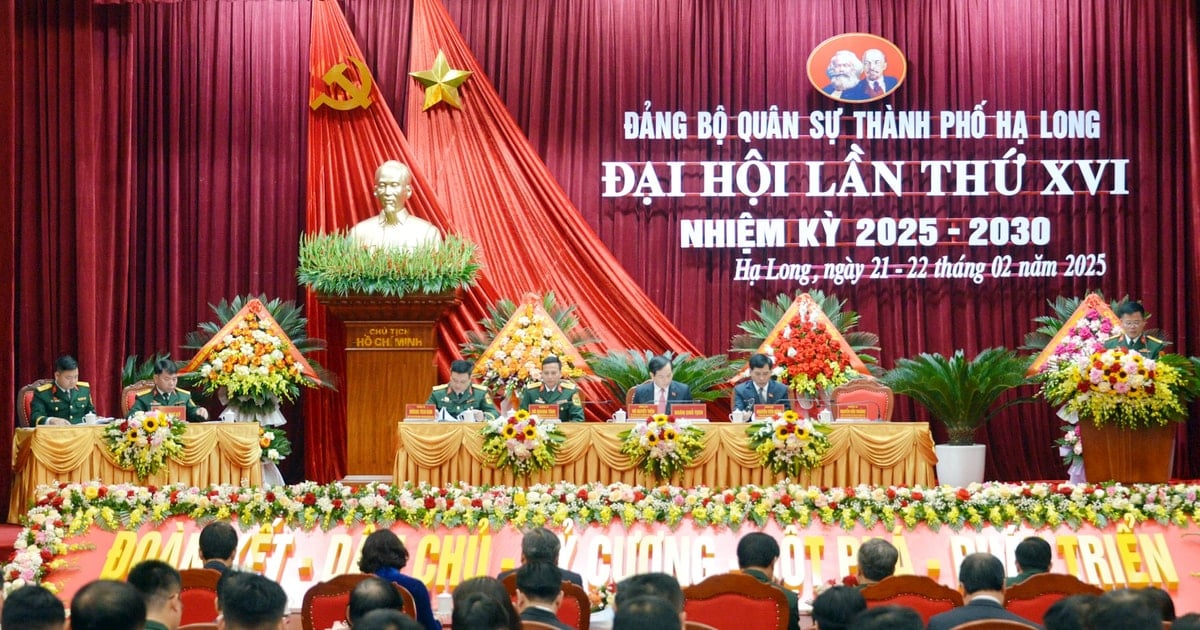
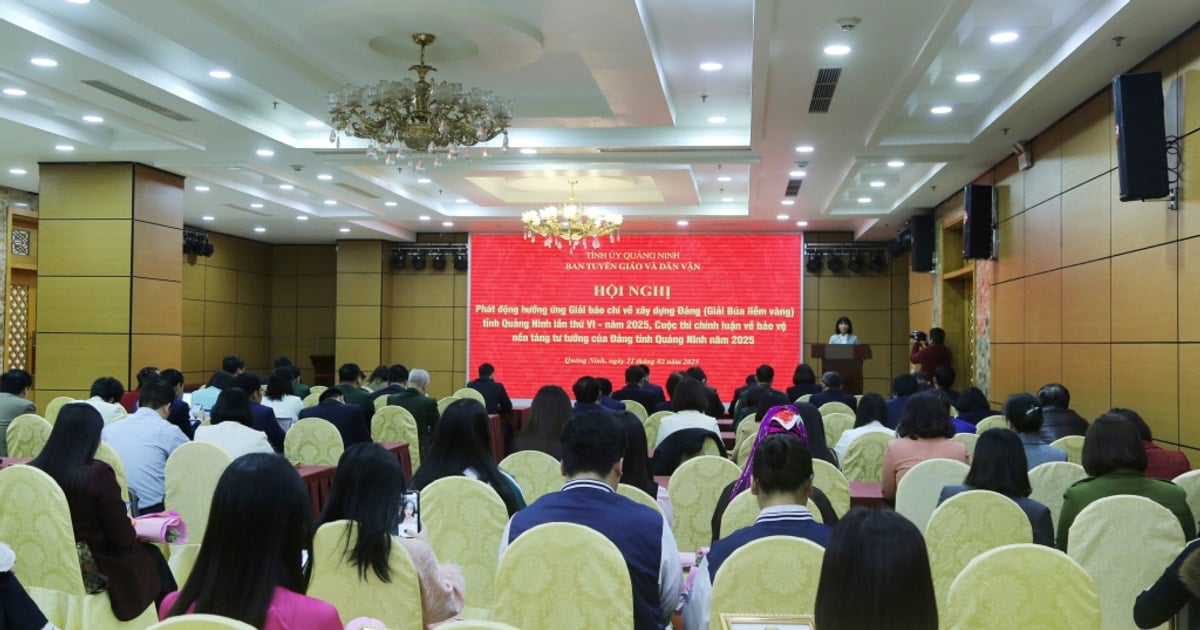
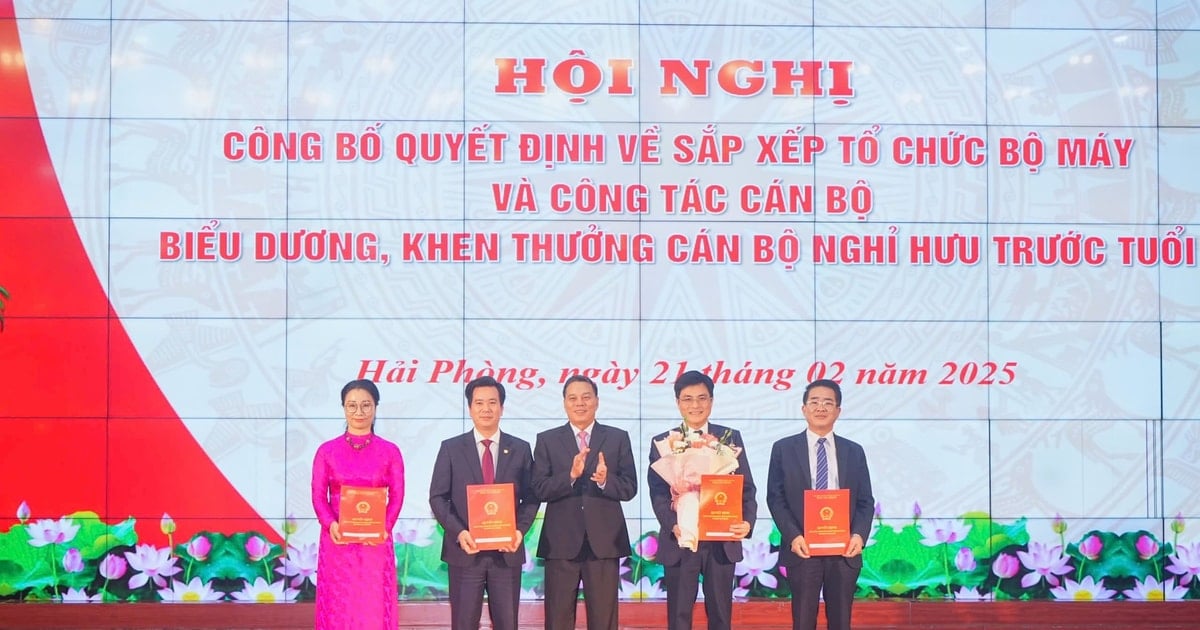
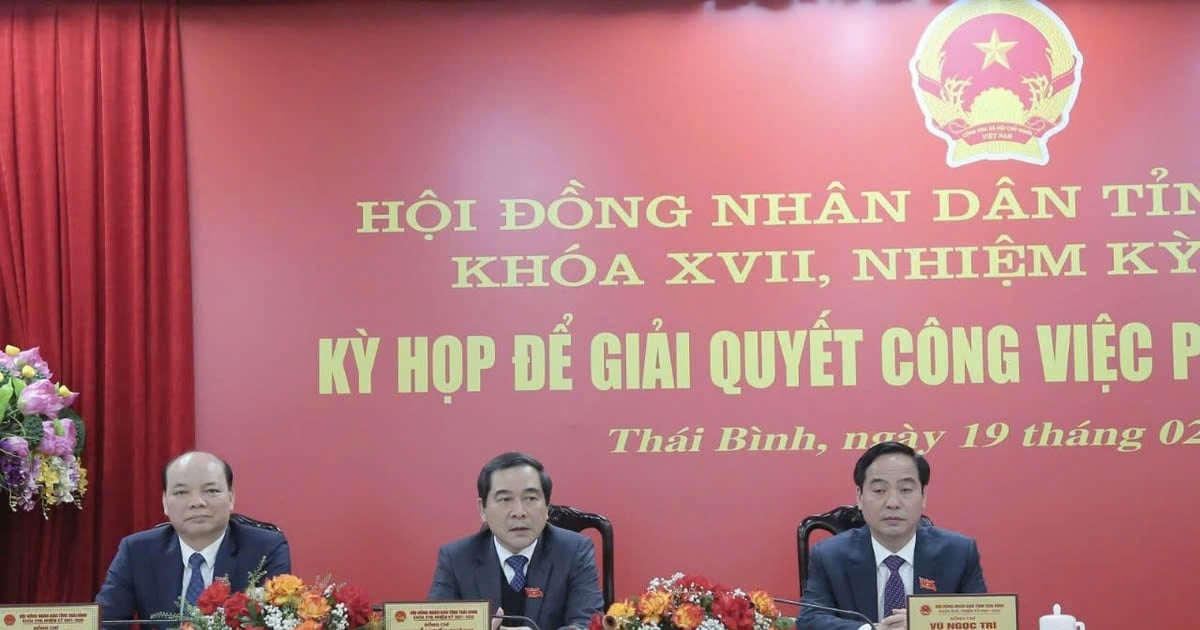



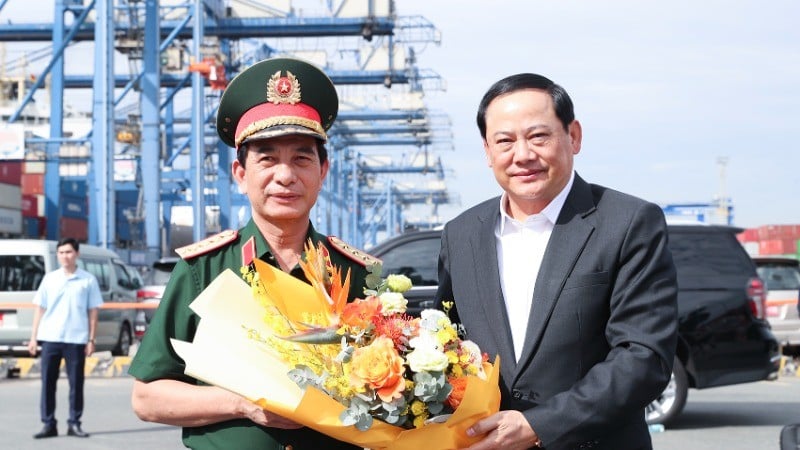
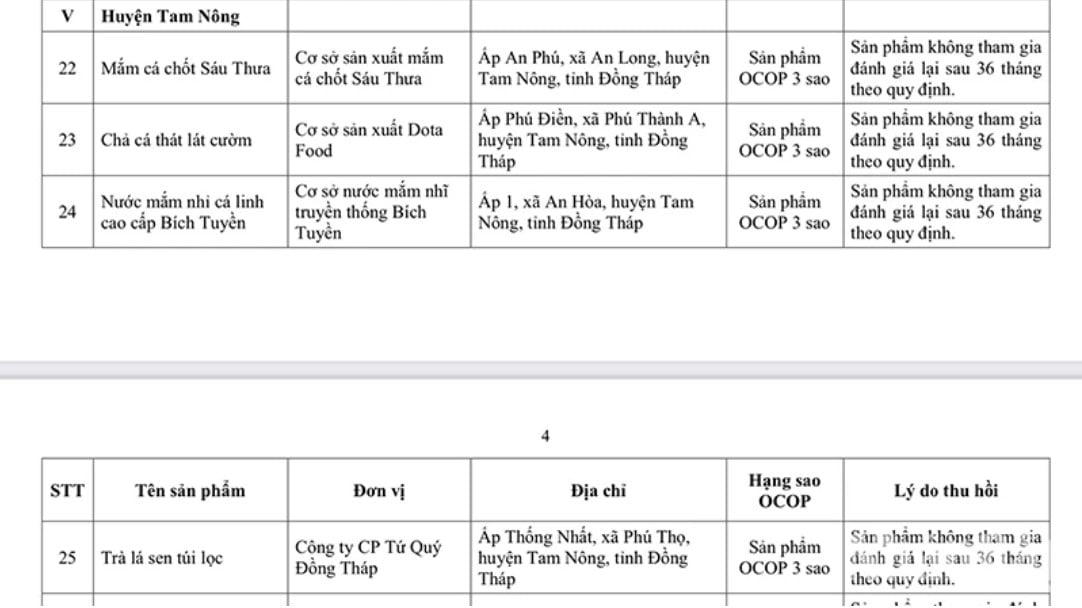


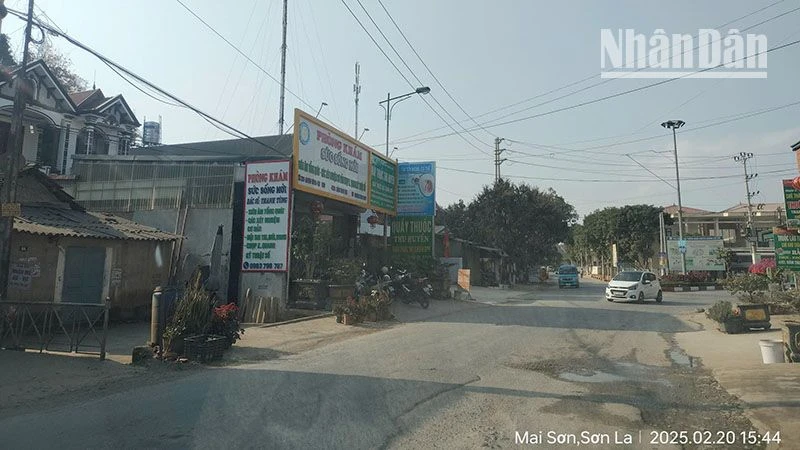







![[Photo] Prime Minister Pham Minh Chinh chairs Government Conference with localities on economic growth](https://vstatic.vietnam.vn/vietnam/resource/IMAGE/2025/2/21/f34583484f2643a2a2b72168a0d64baa)



























































Comment (0)